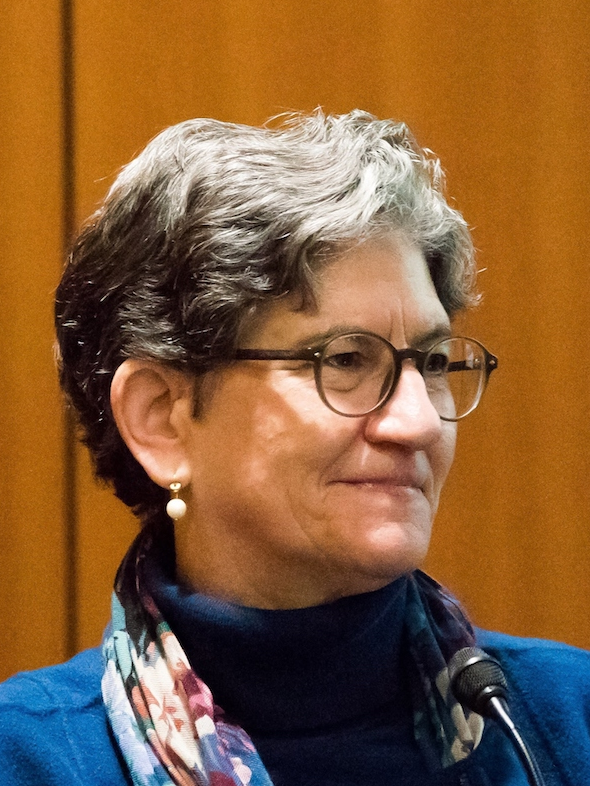Benefit-cost analysis plays an important role in examining the trade-offs associated with COVID-19 policies. Although the results depend heavily on value per statistical life (VSL) estimates, there is little agreement on these values. In addition, most analyses ignore the value of averting nonfatal cases, which may be substantial. We explore the implications of the VSL literature for values suitable for use in U.S. analyses. We then develop estimates for nonfatal COVID-19 cases, building on the health-related quality of life (HRQoL) literature for similar conditions. We calculate the value of the resulting quality-adjusted life year (QALY) gains using estimates derived from the VSL. Our approach can be updated to reflect evolving information on the characteristics of COVID-19 cases and provides a framework for application in other contexts. It also illustrates the advantages and challenges of relying on the available QALY literature for these purposes.
This talk will explore methods and findings from a recent report authored by Lisa A. Robinson, Michael R. Eber, and James K. Hammitt for the U.S. Department of Health and Human Services.

Lisa A. Robinson, MPP, is Deputy Director and Senior Research Scientist at the Center for Health Decision Science, Harvard T.H. Chan School of Public Health. She is also affiliated with the Harvard Center for Risk Analysis. Her research and teaching focus largely on the conduct of benefit-cost analysis and approaches for valuing changes in health and longevity. She has led numerous assessments of environmental, health, and safety policies and regulations, developed related methods, and drafted guidance documents.
- Event Date
- Tuesday, November 02, 2021
12:30 PM - 2:00 PM Pacific - Location
This seminar will take place via Zoom meeting. Please email Caroline Kurdian to register.
This event is cosponsored by:


You must be logged in to post a comment.